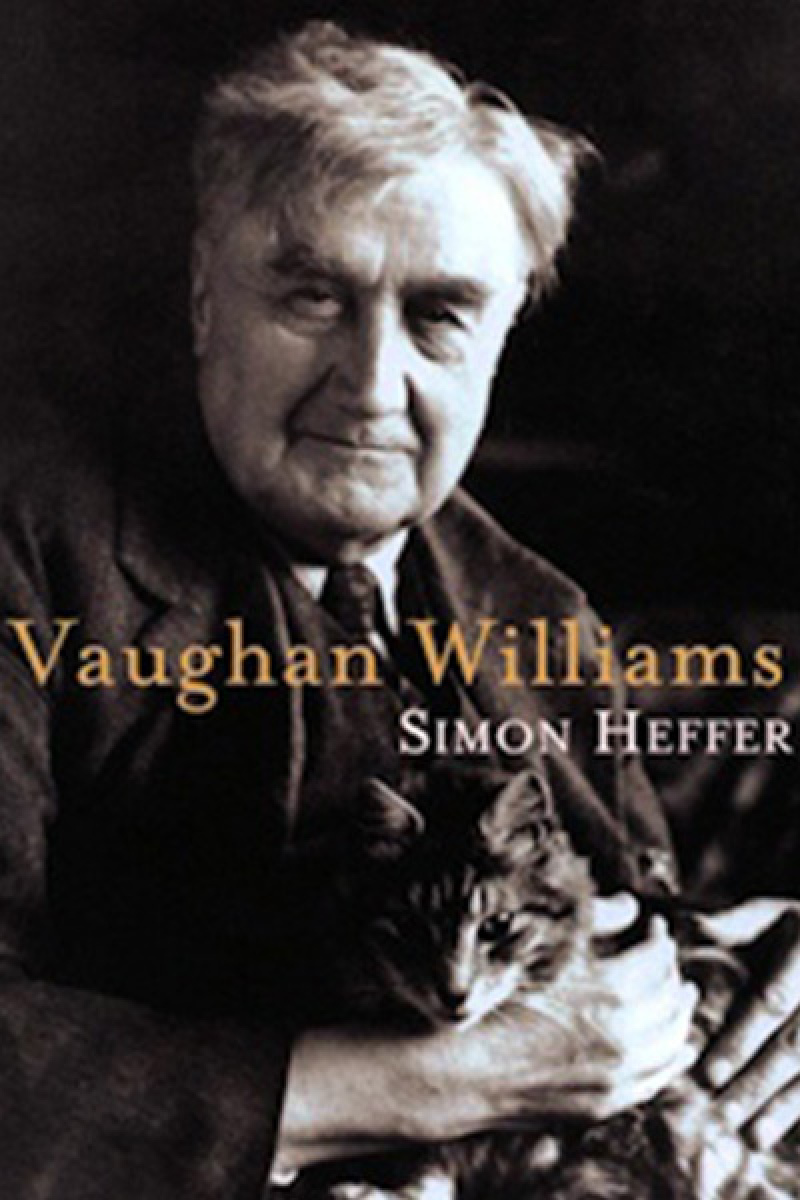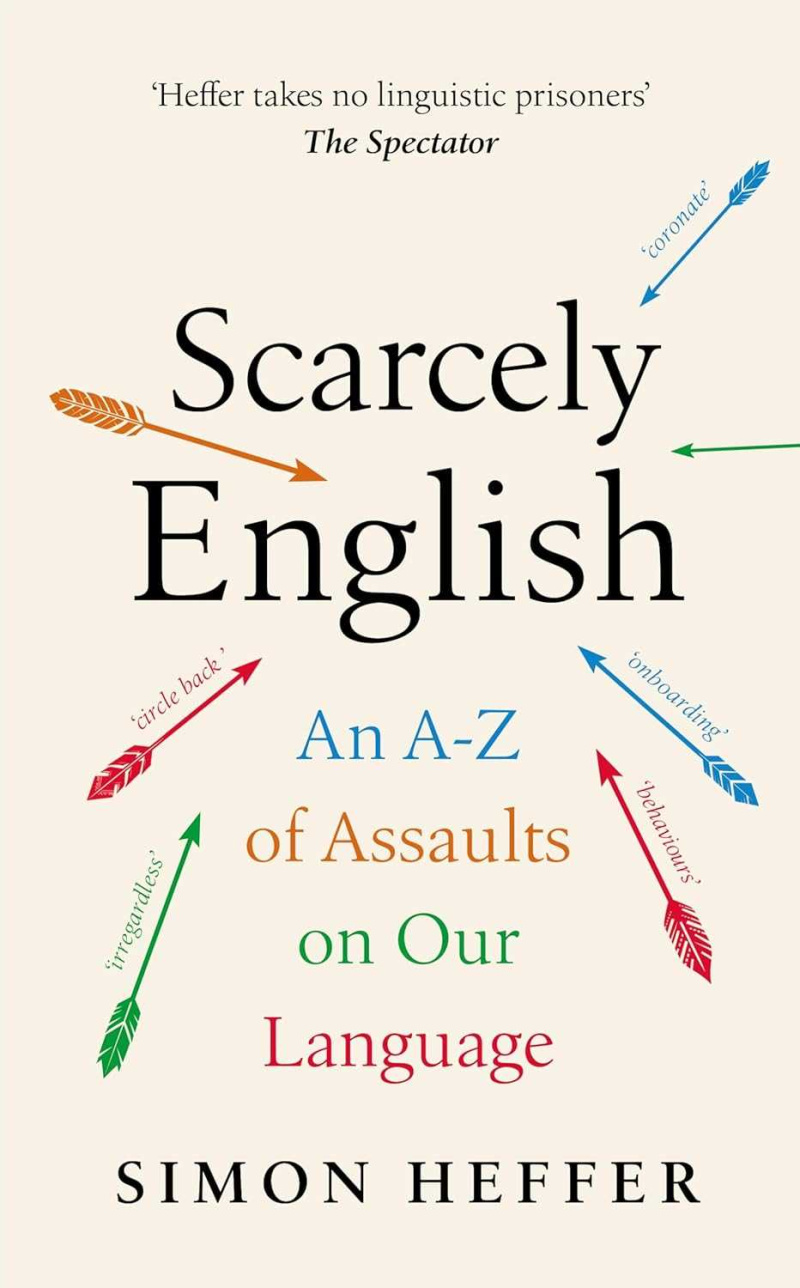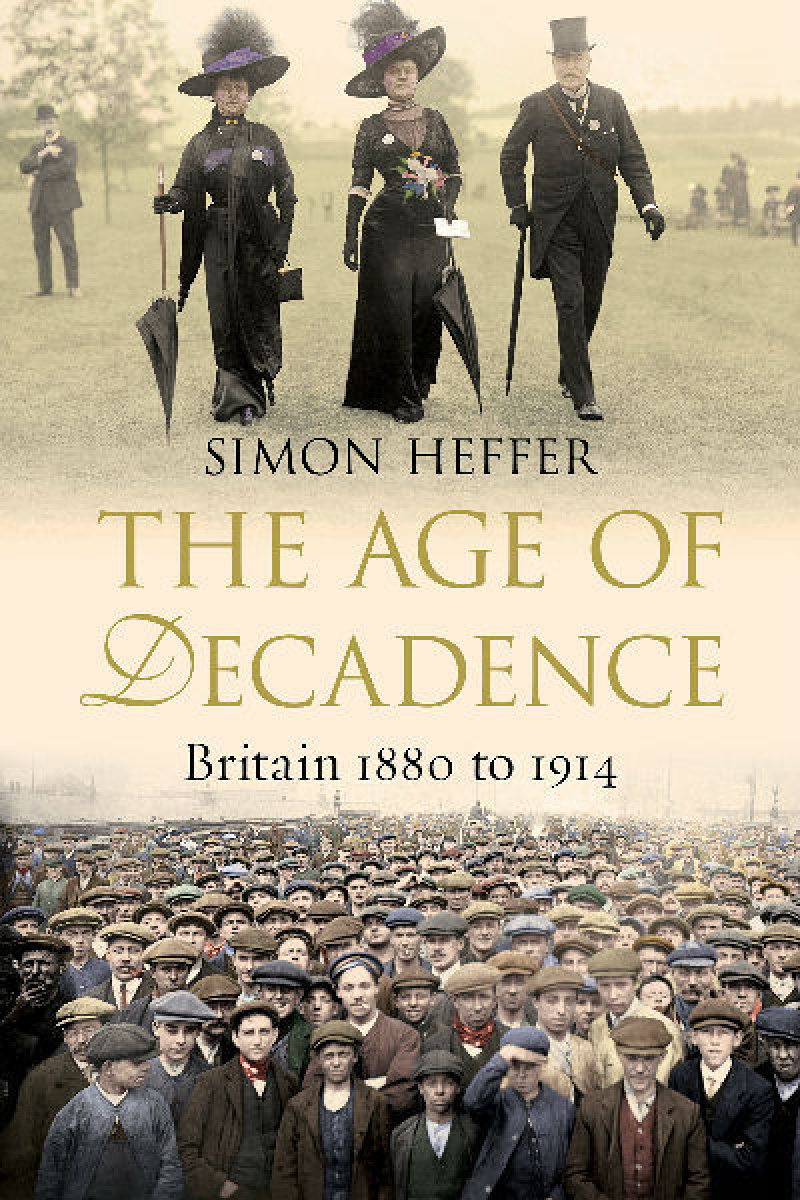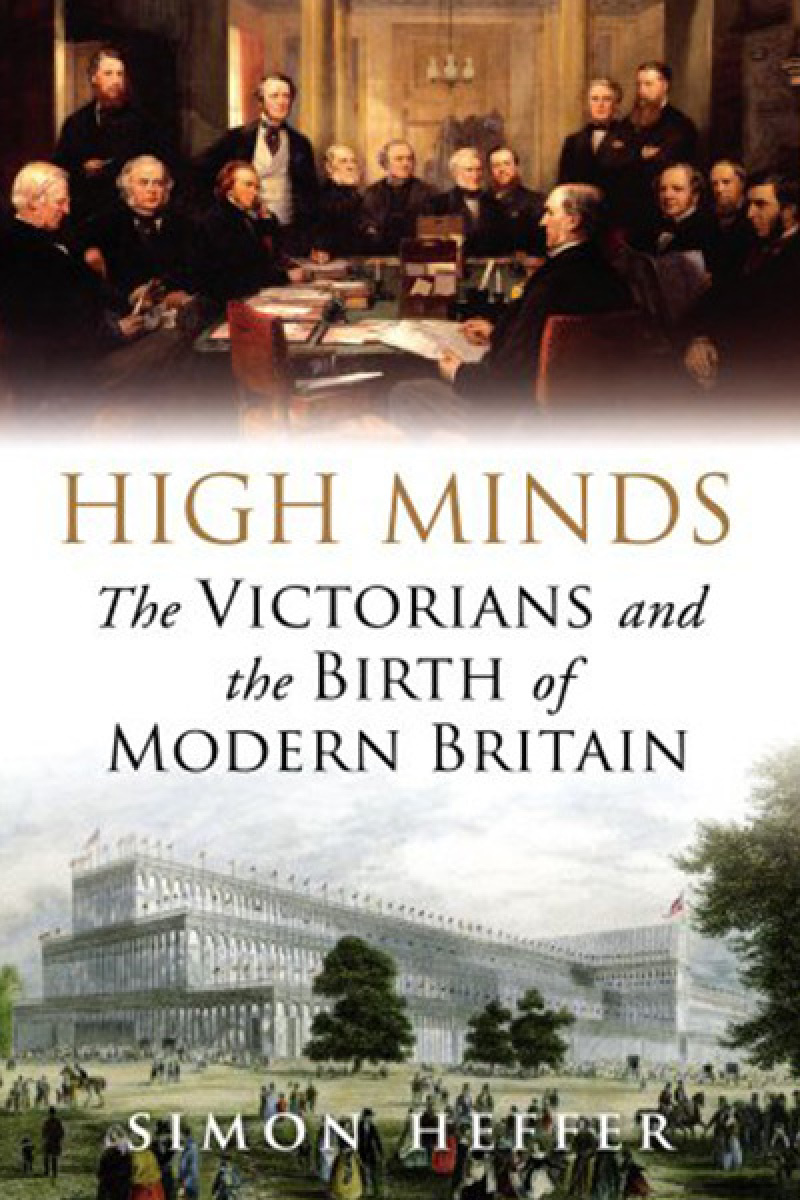Vaughan Williams

Vaughan Williams
There were no truly English modern composers until, in the first years of the twentieth century, Ralph Vaughan Wiliams decided to become one. Hubert Parry and Edward Elgar, the father of the English musical renaissance, took their lead from the German masters. Vaughan Williams and his friend Gustav Holst took theirs, exceptionally, from the neglected sources of folk-song – from the very soil of England.
The result was a distinctive English voice that changed the culture of a nation. After a long struggle to develop his talents, Vaughan Williams established himself as a composer whose music, through his promotion of folk-song and editorship of the English Hymnal, made him a household name and caused his work – most famously The Lark Ascending, Greensleeves, the Tallis Fantasia and nine outstanding symphonies – to be loved by generations in Britain and around the world.
Simon Heffer leads us through Vaughan Williams’ life – his education with Parry, Max Bruch and Maurice Ravel, his close association with Holst and George Butterworth, and his eventual assumption of the leadership of English musical life. Heffer shows how an audience that loved him for evoking their common cultural heritage came to admire him for articulating the emotions of the war-torn world in which they lived. He argues that, for all the composer’s fixation with the past, his music was never so vital, or so significant, as when he started late in life to draw his inspiration from the turbulent world around him.













